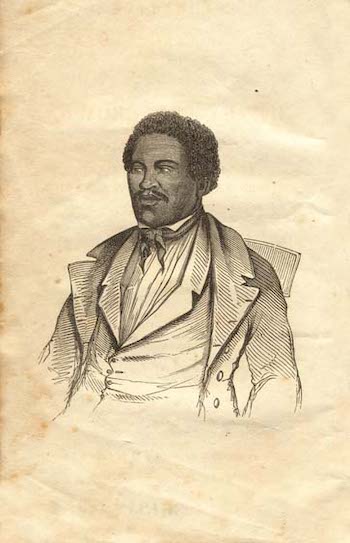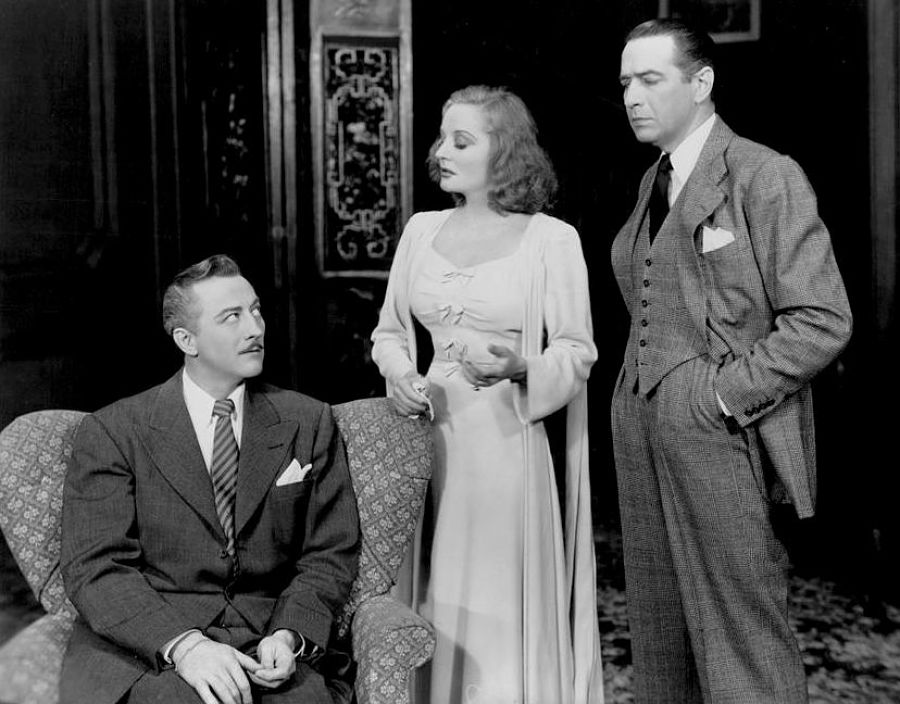January 1777 (245 years ago)
This month, British officers took over the boards of John Street Theatre in New York City, built 10 years earlier by the American Company of Comedians, and renamed the venue Theatre Royal. During their period of occupation in the city during the American Revolution, the British controlled the city’s theatres, not least because the colonies’ First Continental Congress had banned theatre in October of 1774, along with horse races and cockfighting. Performances at Theatre Royal were purported to raise money for widows of slain British and Hessian soldiers, though it has since been proven that most of the proceeds were poured into creating lavish sets and costumes for shows that entertained British army and naval officers throughout the winter while they waited for warm weather and fighting to return. Thousands of New Yorkers attended shows at Theatre Royal as well, where they saw a combination of plays like The Beaux’ Strategem, The Jealous Wife, and The Lying Valet, with musical interludes performed between the play and the farce each evening.
January 1782 (240 years ago)
This month, actor-manager Thomas Wall opened Shakespeare’s Richard III, with himself in the title role, at a theatre he’d overseen the construction of in Baltimore, Md., the previous year. This was the first outing by the Maryland Company of Comedians, which Wall formed with his talented wife, referred to simply as “Mrs. Wall” in programs, though she was often the leading lady, and amateur Adam Lindsey, owner of a local coffeehouse that had functioned as an early venue for the company. During the first season, which ran from January to July, the company performed 21 different plays and 12 farces over the course of 50 nights, playing on Tuesday and Friday nights. After public performances, Wall would announce to the company which play they would begin rehearsing the following morning. An Irish actor who joined them that first season, Dennis Ryan, took over as actor-manager the following year.

January 1822 (200 years ago)
This month, William Alexander Brown, the first known Black playwright in America, was arrested alongside members of his all-Black theatre company, the African Grove, for performing Shakespeare outdoors at the Hampton’s Hotel in New York City. Allegedly, the performances were “unsanctioned,” but their crime was clearly performing Shakespeare while Black—and of providing stiff competition to the nearby white-owned Park Theatre, which filed the complaint that got them arrested. In fact, as terms of their release from jail, Brown had to agree that his theatrical venture was “minor” (a throwback to Elizabethan theatrical designations) as compared to the Park Theare’s “major” venture. The upshot: So-called minor companies were not allowed to play Shakespeare. Once released, Brown turned the tables, renaming his company the Minor Theatre and announcing an upcoming play he was writing, which would become The Drama of King Shotaway. In the August edition of this almanac, we will explore the 1922 riots that occurred at Brown’s Greenwich Village venue, which supposedly led Brown to post a sign at his theatre that read, “White people do not know how to behave at entertainments designed for ladies and gentlemen of colour.”
January 1902 (120 years ago)
Tallulah Bankhead was born this month in Huntsville, Ala. At 15, she sent her photo to a magazine contest and was picked to go to New York City for a walk-on part in a silent film, Who Loved Him Best. Bankhead stayed in New York and moved into the Algonquin Hotel, where she fell in with members of the hotel’s famous Round Table. She started being cast in small film and stage roles. She found big success onstage in London for almost a decade before trying Hollywood, then made a triumphant return to Broadway, where she starred in over a dozen shows and found critical success in The Little Foxes and The Skin of Our Teeth. She often missed out on the chance to play characters in movies that she had originated onstage because she was labeled as “difficult.” She would likely have agreed with this characterization, as her offstage presence was as big as her onstage talent. Her many affairs with famous men and women have been exhaustively chronicled and have contributed to her status as a gay icon, though she described her own sexuality as “ambisextrous.”


